On With the Show
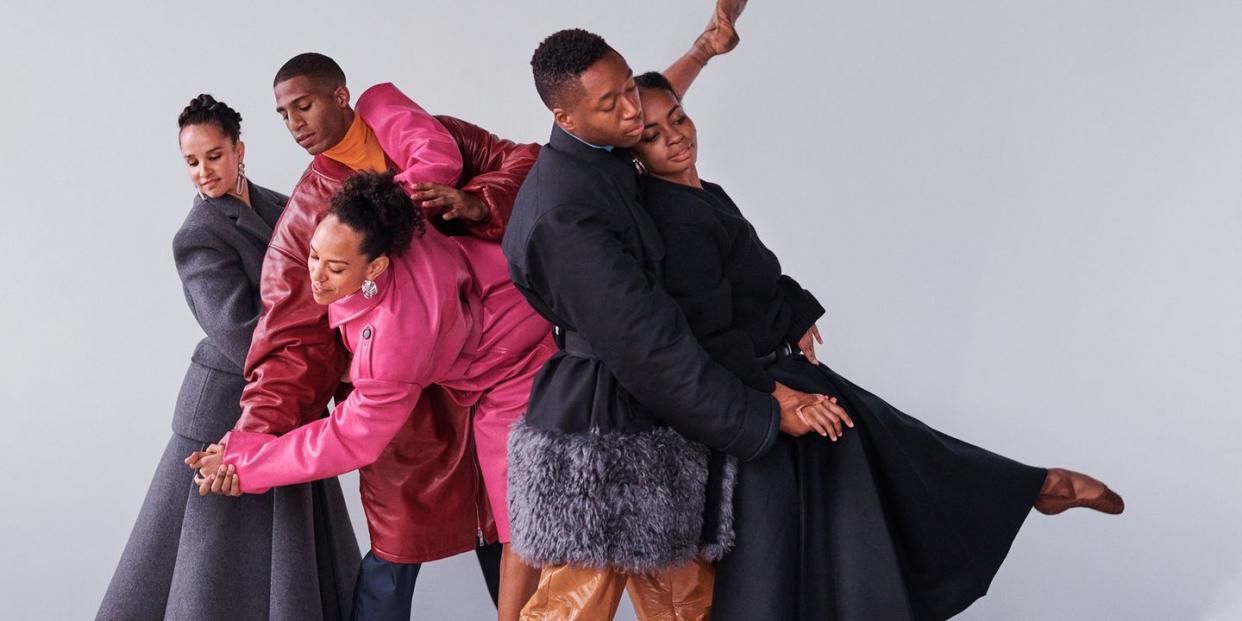
- Oops!Something went wrong.Please try again later.
The world is falling apart. It feels like we’re the Antrobus family in Thornton Wilder’s The Skin of Our Teeth, somehow going about our lives while a shift in a geological epoch or two rages just outside.
Coup hearings bookmark a yearslong pandemic. In June SCOTUS overturned Roe v. Wade, ending the constitutional right to abortion. An electric-car edgelord who was supposed to save the planet with style and batteries has proved to be more Wizard of Oz than science-fiction messiah. Yet there is reason for hope. So sayeth artists making their way through the existential muck of life.
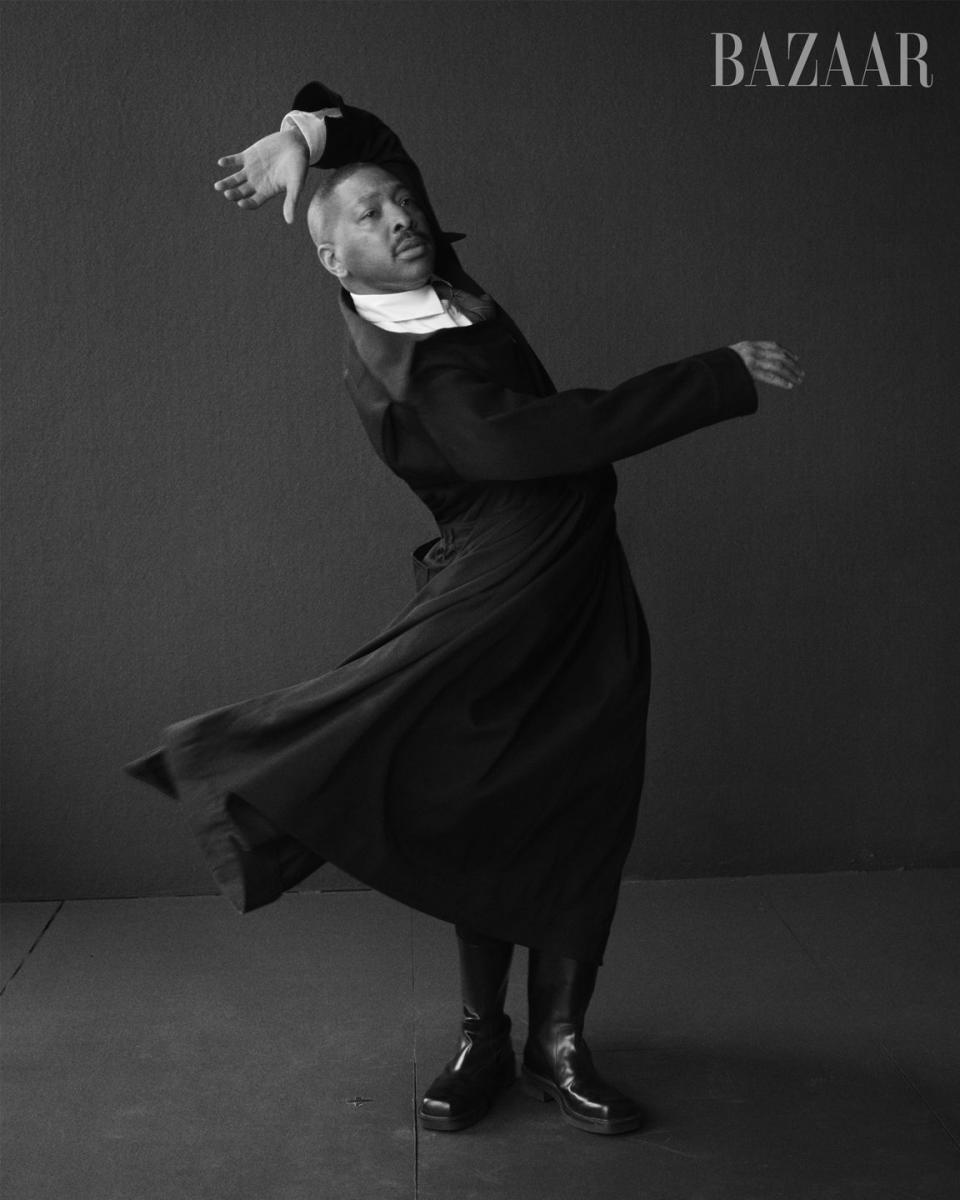
“The past few years have inspired me to focus more on celebrating our joy, our love, & our culture as a superpower.”
Kyle Abraham, Choreographer
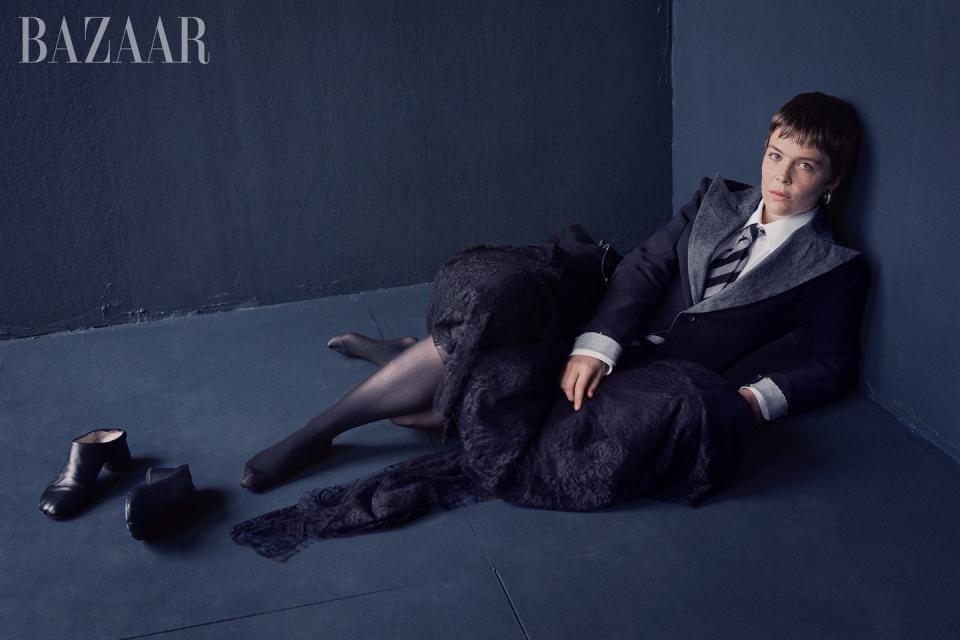
“There’s not quite language yet to understand or comprehend what we’ve all been through the last few years. there’s just release. Something buried deep down that needs to come out.”
Maggie Rogers, Musician
Take Oh God, a Show About Abortion, created by comedian Alison Leiby and presented, for its run at New York’s Cherry Lane Theater, by her friend and colleague Ilana Glazer. Leiby’s one-woman show is about the absurdity of life as a woman. She had an abortion when she was 35. Leiby had reached a level of economic security that could accommodate a baby, but she did not want to become a mother. This was not an unwanted pregnancy that arose out of tragic or violent circumstances. It was an inconvenience. Saying that out loud every night was powerful.
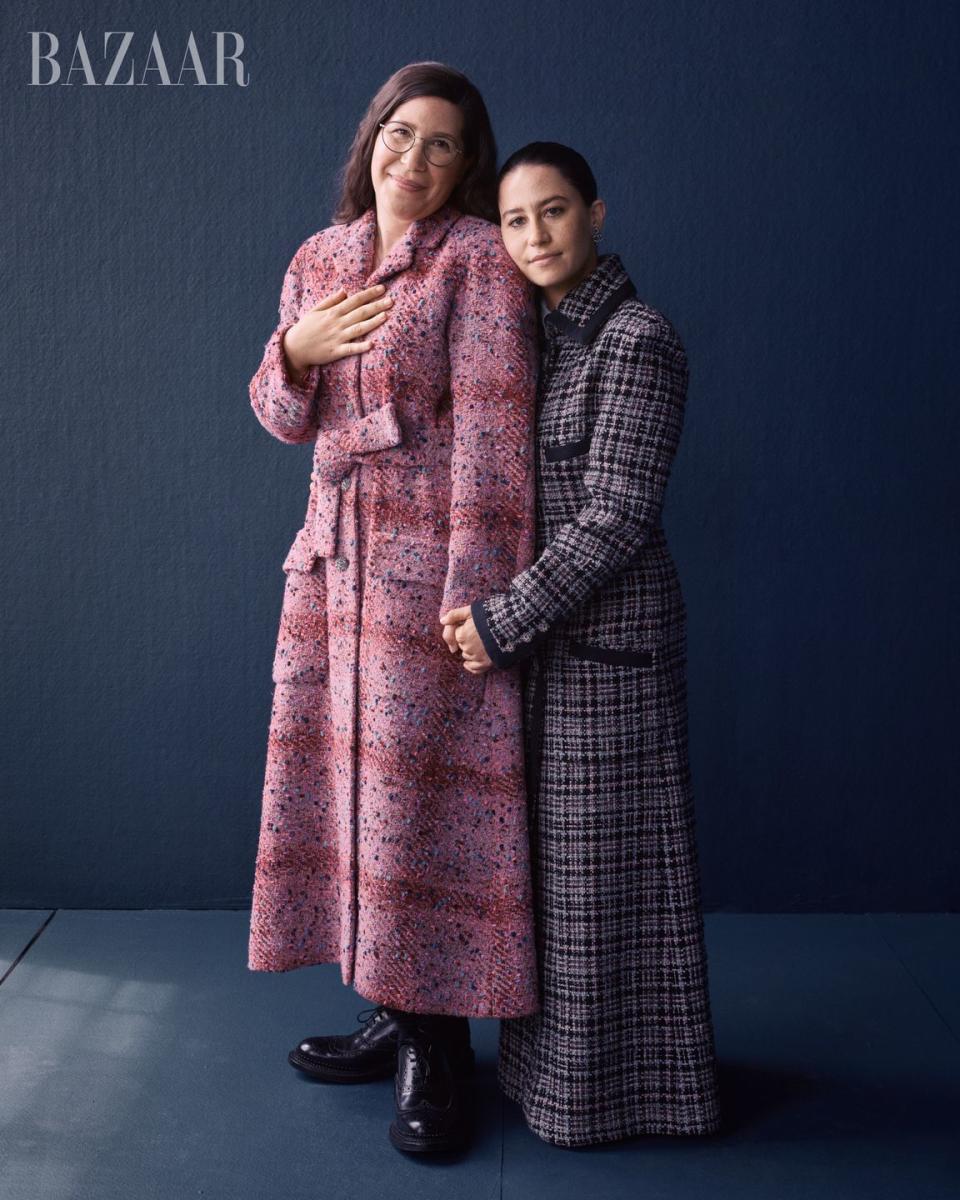
“If I’m going to do this, I’m going to tell it as it happened to me.”
Alison Leiby, Comedian and Writer
“The show really has a jewish feel...poking at the thing until you get to the truth of the thing.”
Ilana Glazer, Comedian and Writer
“It’s not quiet, but it’s organically radical, effortlessly radical,” Glazer says. Oh God is an extremely Jewish American show in its rhythms, its sensibilities, its running conversation between generations. In some ways, it’s a nervy successor to an earlier feminism articulated by Ntozake Shange, the late writer of the choreopoem for colored girls who have considered suicide / when the rainbow is enuf. This season, a revival debuted on Broadway, helmed by the diminutive dreadlocked dynamo that is Camille A. Brown. Relying on only projections and screens for set pieces, she focused on the cast of seven Black women. The first Black woman to both choreograph and direct a Broadway show in more than 65 years, Brown made subtle changes, switching out Martha and the Vandellas for “I’m So Into You” by SWV. She added Shange’s poem “Ego” from nappy edges. Like Oh God, for colored girls transmits rejuvenation.
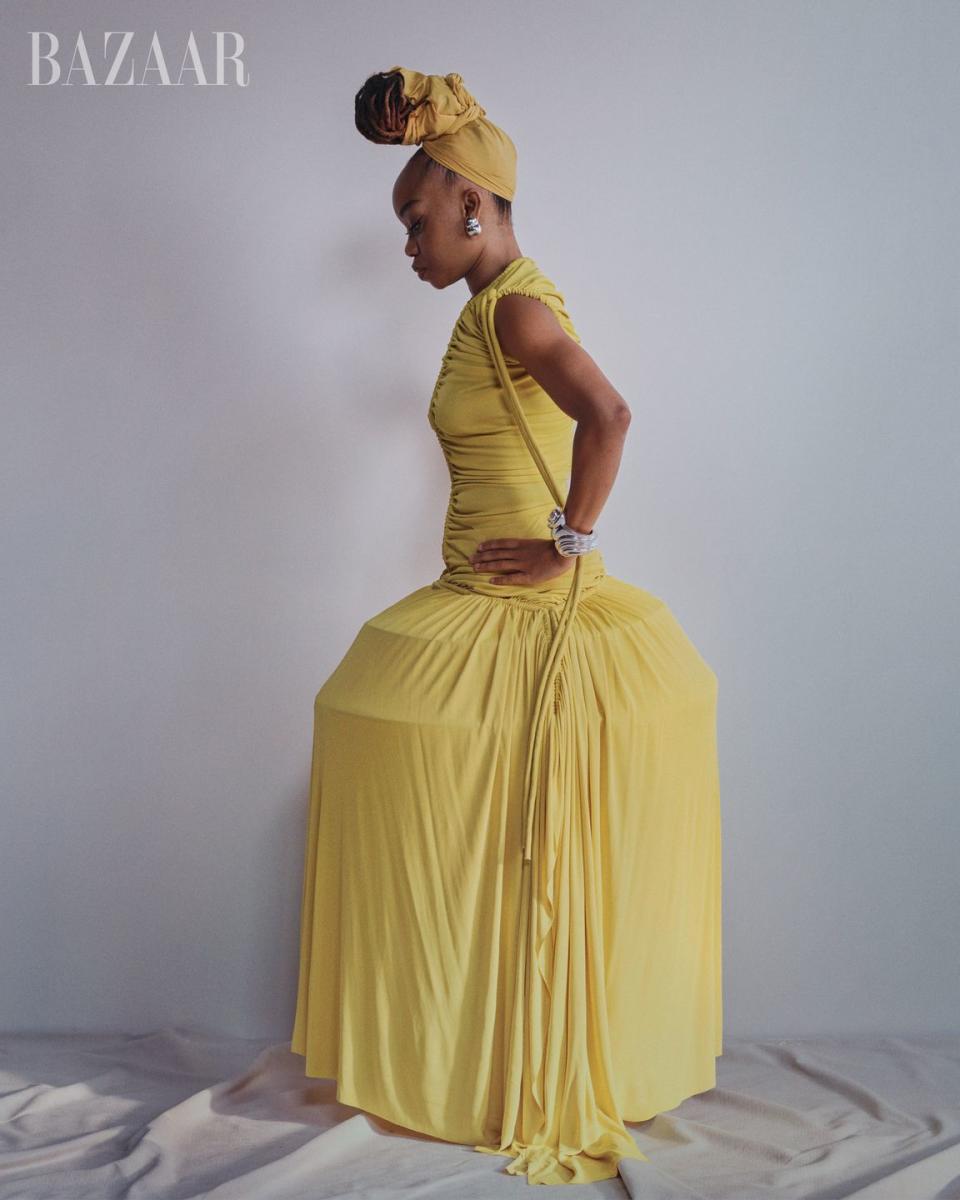
"There’s a future past what we think is the end.”
Camille A. Brown, Director and Choreographer
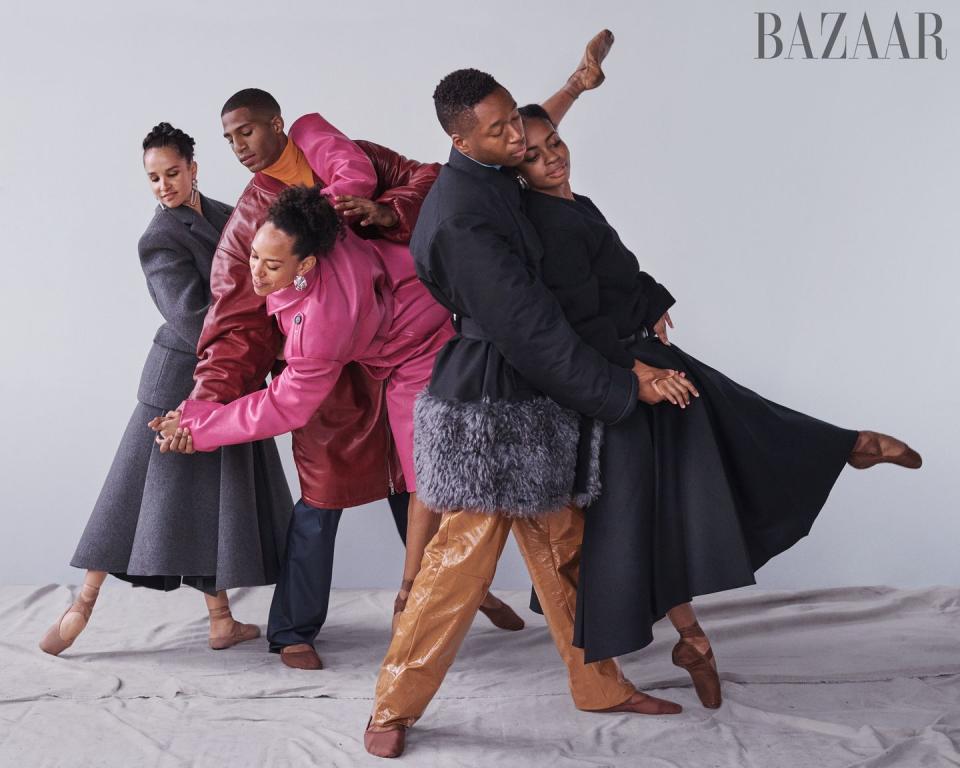
“Everything we do—not only performances, but going into communities, teaching classes, the rep we do, the music we do, the choreographers we use—expands people’s minds.”
Lindsey Donnell, Dancer
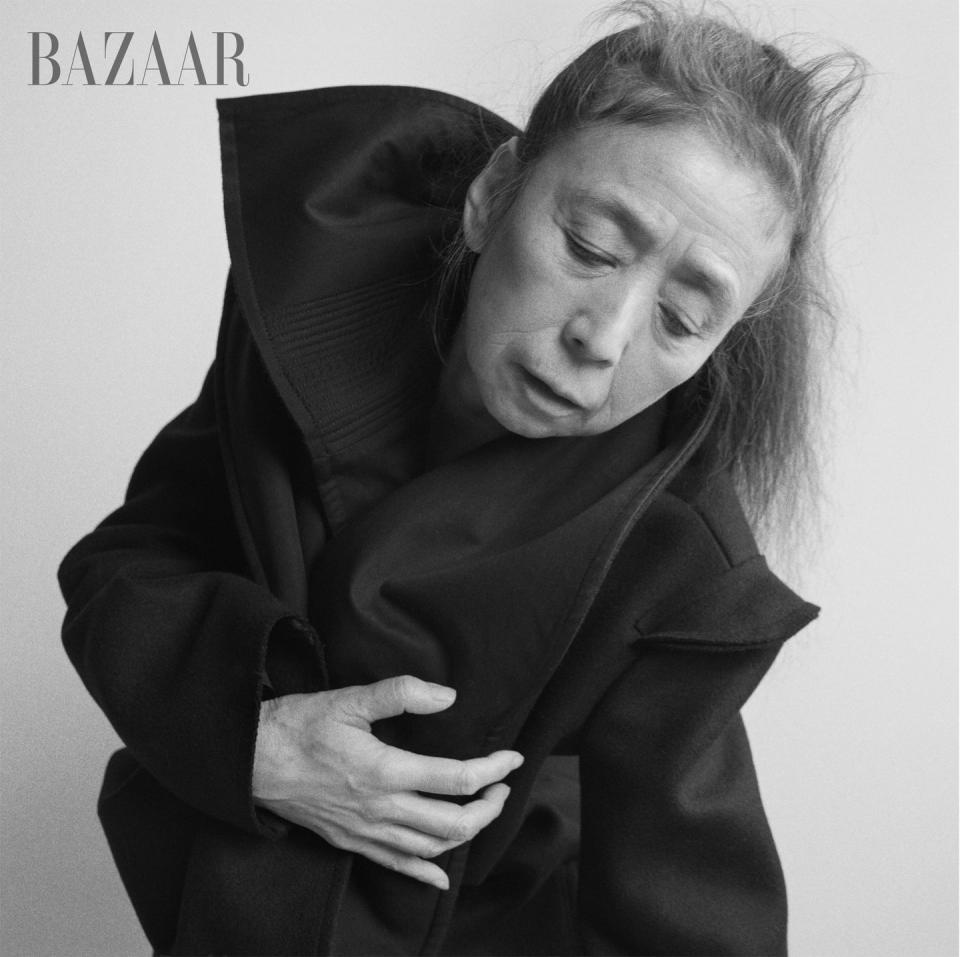
“How can I trust myself to be a performer the audience members can trust? How can I prepare and present a time andplace for my audience? I ask myself these questions.”
Eiko Otake, Performance Artist
“It’s the idea of resilience that always is going to be in the fabric of everybody—and Black women especially,” Brown says. “The idea of being faced with the most devastating circumstances, but then you’re able to push through. Even though there is a poem that ends with the killing of her kids [by her partner], after that, it’s at that moment that she says, ‘I found God in myself and I loved her. I loved her fiercely.’ There’s a future past what we think is the end.”
Uptown and around the country, Dance Theatre of Harlem spread a similar gospel in a ballet set to the music of Stevie Wonder. Choreographed by Robert Garland, Higher Ground continues in the principled, pointed spirit that gave rise to the company. Arthur Mitchell famously cofounded the dance troupe in 1969 during a time of existential unrest, eager to respond to the assassination of Dr. Martin Luther King Jr. The funk of Higher Groundwafts ever more relevant. Company members gift Mitchell’s sensibilities to one another as much as they do to an audience.
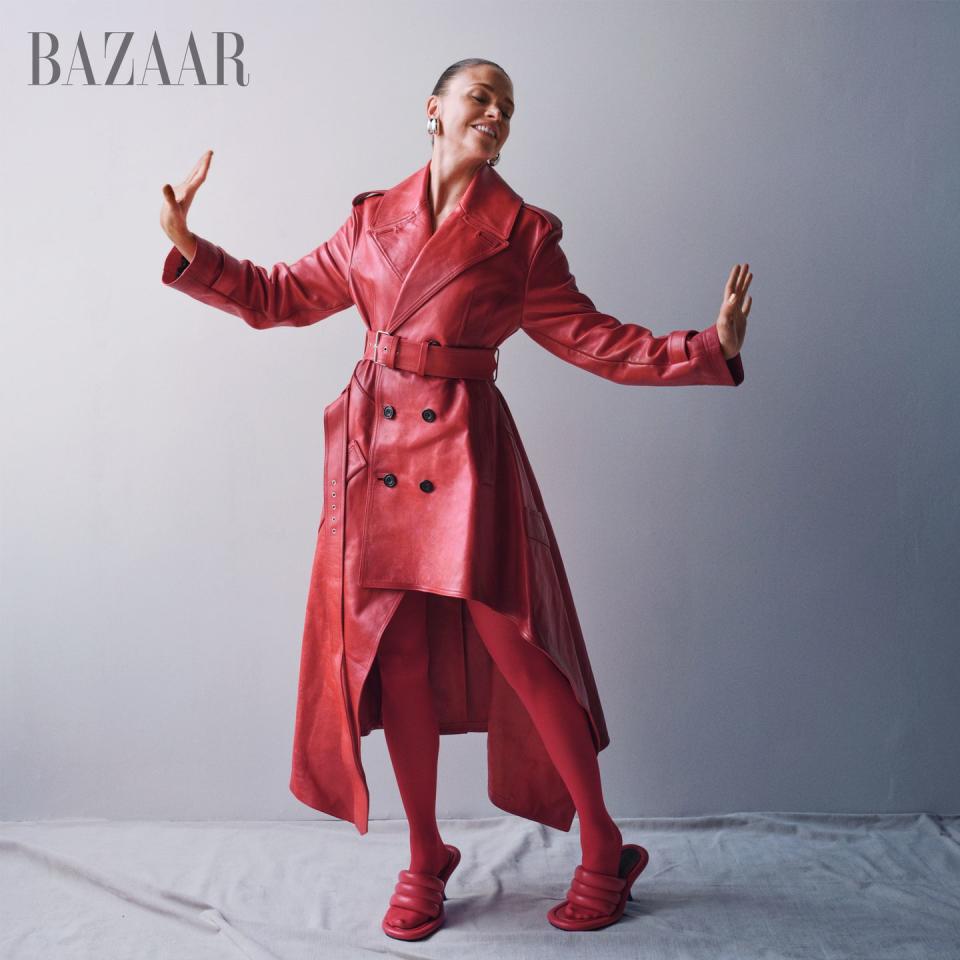
“I walk into the theater on a daily basis with more openness and grace for everyone around me, as well as for myself.”
Sutton Foster, Actor and Singer
It’s evident in the way they speak about dancer Yinet Fernandez, who immigrated from Cuba to further her dance career. She worries about her parents at home, left to deal with the repercussions of decades of hostile U.S. foreign policy.
“There’s this fortitude and strength that I just kind of feel just by you being there,” dancer Lindsey Donnell says, addressing Fernandez directly. “You have this resilience.”
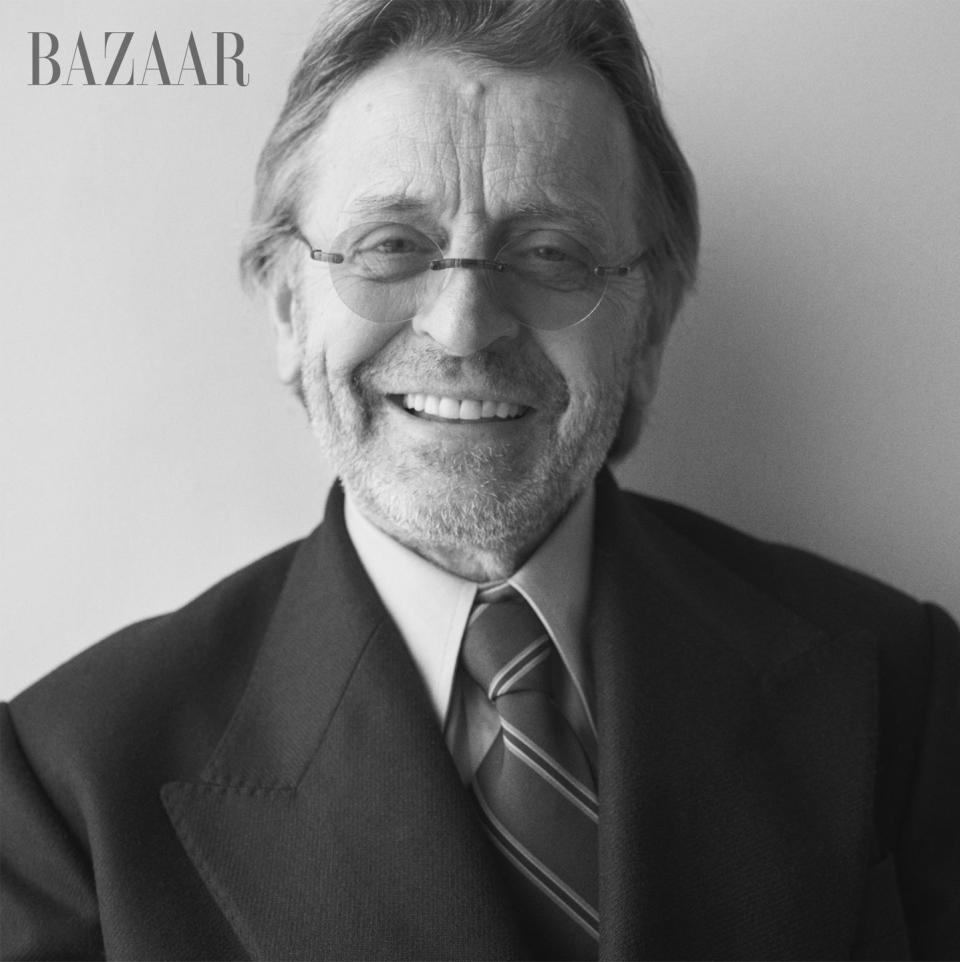
"The horse’s back gets higher every time you jump into the saddle...and I’m definitely getting smaller, so there’s that, but I’m happy to be onstage again.”
Mikhail Baryshnikov, Dancer and Actor
It’s a quality that’s also top of mind for Mikhail Baryshnikov. The incomparable 74-year-old dancer, choreographer, and actor starred this summer in The Orchard, Igor Golyak’s technologically supercharged adaptation of Anton Chekhov’s play The Cherry Orchard, at the Baryshnikov Arts Center in New York. “The horse’s back gets higher every time you jump into the saddle … and I’m definitely getting smaller, so there’s that, but I’m happy to be onstage again,” he says. “Makes one feel alive.”
The intimacy that comes so naturally for dancers proved revelatory to a couple of musicians from Philadelphia enjoying banner years. Ahmir Thompson and Tariq Trotter, better known as Questlove and Black Thought of legendary hip-hop group the Roots, found themselves thrust into the unfamiliar.
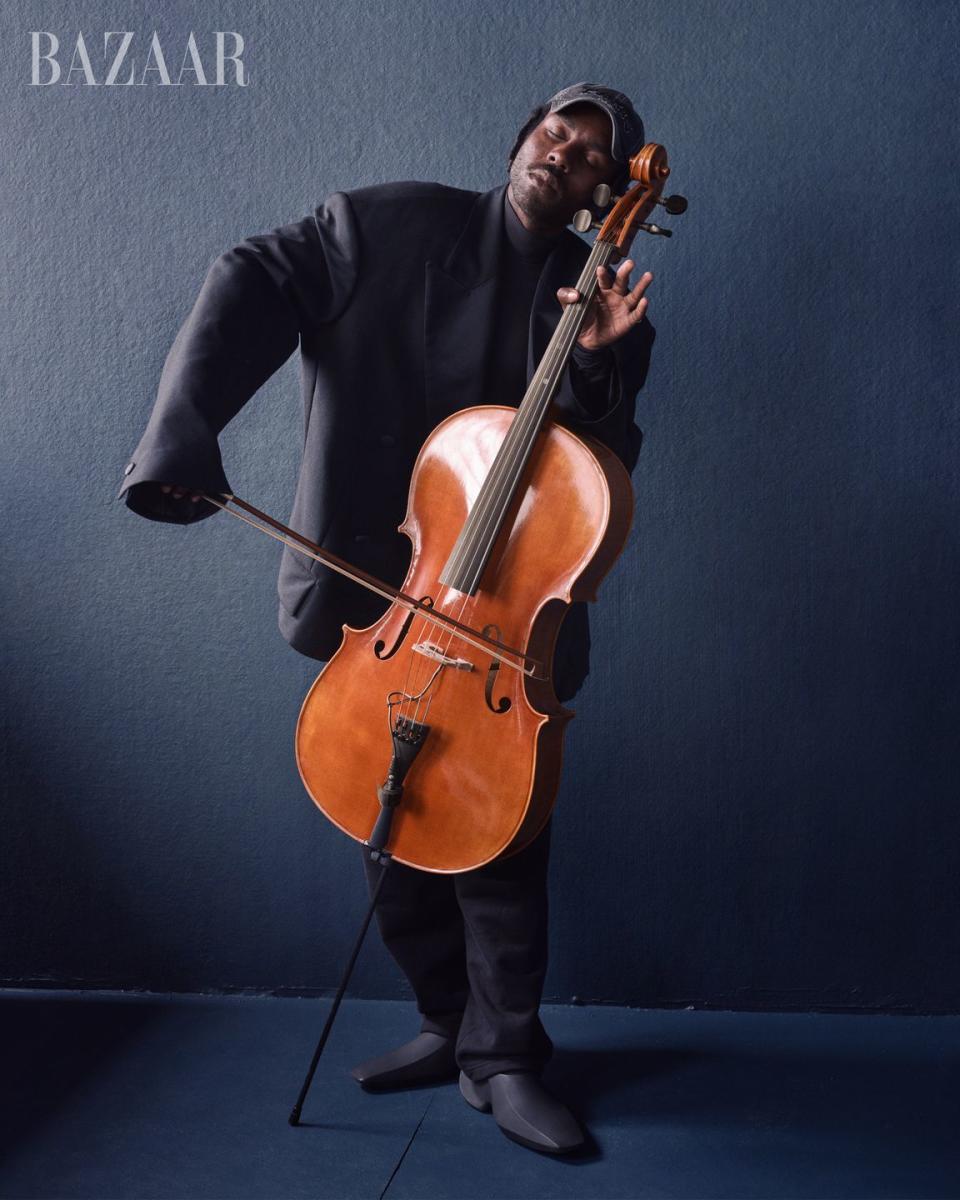
“I want to perform even less than I did before...I like a more hyper focused special engagement. Maybe a one night performance.
Dev Hynes, Musician
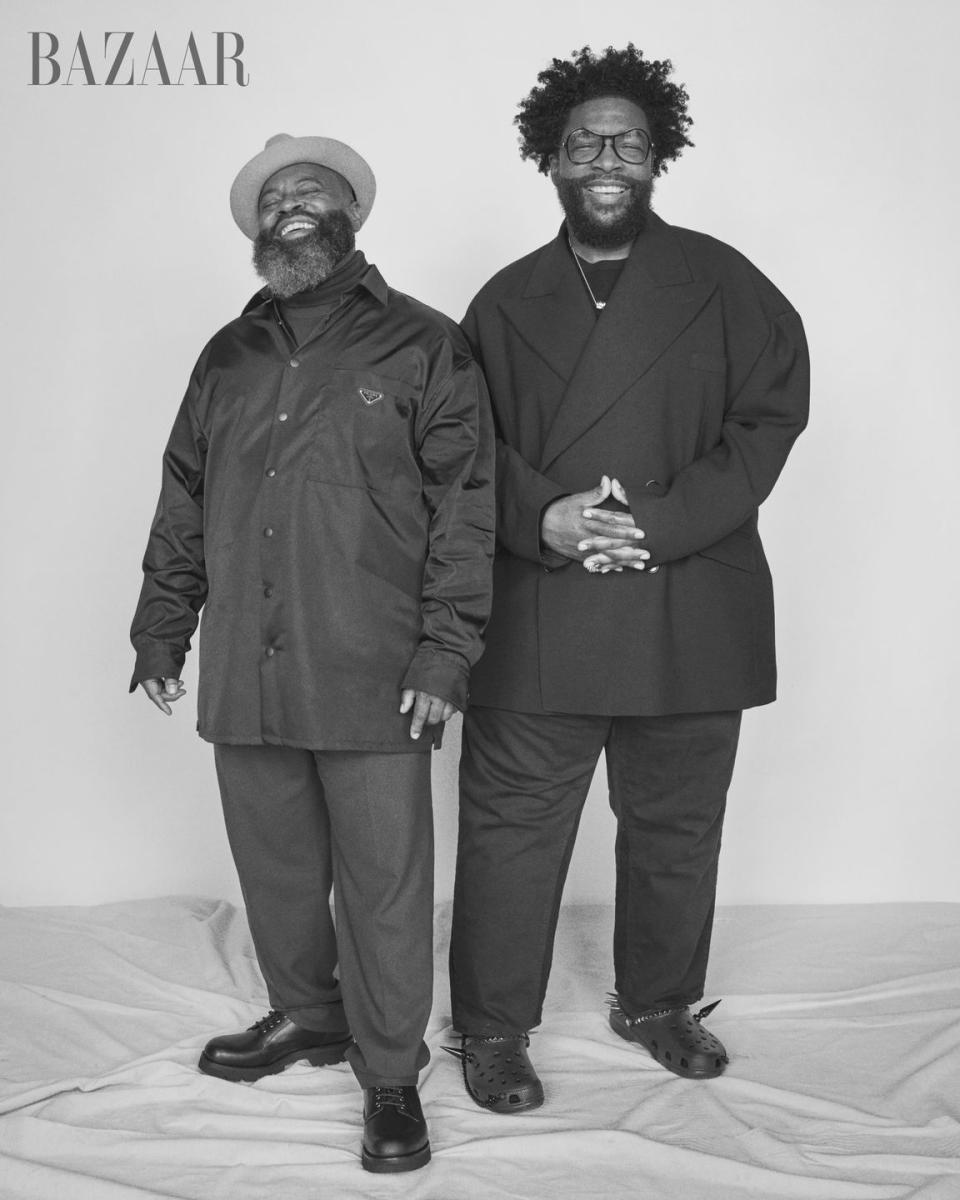
“Everything that you do in a performance ... matters, and it should be with purpose.”
Tariq “Black Thought” Trotter, Musician and Actor
“I feel like I’m a new artist. I feel like I’m starting again.”
Ahmir “Questlove” Thompson, Musician and Filmmaker
For Thompson, it was making the documentary Summer of Soul—his first attempt at the form—which won an Oscar. And for Trotter, it was writing the lyrics, co-composing, and acting in the off-Broadway show Black No More. The musical is about a charlatan who sells a procedure that turns Black people white.
“It’s scary to go from working in a medium that you can sort of do on autopilot to engaging in so many firsts,” Trotter says. “I had to use different muscles. As Black men, we grow up where hardness is rewarded. To unlearn that is therapeutic.”
For artists, a season of renewal after a forced fallow period has made way for hope, a precious natural resource when the world feels in peril.
Hair: Matt Benns for Bumble and Bumble; Makeup: Laura Stiassni for Dior; Manicures: Mamie Onishi for Chanel; Grooming: Don B.; Set Design: Juliet Jernigan.
For Thompson and Trotter, Grooming: Darien Hilliard; Hair: Elliott Simpson; Makeup: Maria C. Scali. Special thanks to Please Space Studio.
This article originally appeared in the August 2022 issue of Harper's BAZAAR, available on newsstands July 26.
GET THE LATEST ISSUE OF BAZAAR
You Might Also Like

